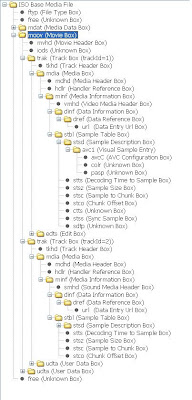Linux - VPN with vpnc
If you want to set up a VPN client that connect to a CISCO vpn server. The following may help you.
As I had tested, vpnc is compatible to connect to a CISCO vpn server. This is guide is assumed that the Linux machine is a CentOS text based linux client.
Installing vpnc
1. You need RPMForge repository. See Add RPMForge for CentOS for guide
2. After adding RPMForge. Type
3. After successful installation, test your install with
and you should see the application request for the following
As I had tested, vpnc is compatible to connect to a CISCO vpn server. This is guide is assumed that the Linux machine is a CentOS text based linux client.
Installing vpnc
1. You need RPMForge repository. See Add RPMForge for CentOS for guide
2. After adding RPMForge. Type
yum install vpnc
3. After successful installation, test your install with
vpnc
and you should see the application request for the following
Enter IPSec gateway address:
4. Ctrl-X to terminate the program. You have successfully installed vpnc
Configuration and Usage
1. Go to vpnc folder
cd /etc/vpnc
2. You should see 2 files
vpnc.conf - sample configuration file
vpnc-script - a script that vpnc required to run
3. Set execution permission to vpnc-script
chmod +x vpnc-script
4. Set up a configuration file. The configuration file is best to store at /etc/vpnc
Below is a sample configuration content named my-vpnc.conf
### This is the gateway configuration
IPSec gateway your.vpn.gateway.com
IPSec ID your.vpn.group.id
IPSec secret your.vpn.ground.password
### Put your username here
Xauth username your.login.id
Xauth password your.login.password
I believe those fields are self explanatory. For those information, you can obtain from your cisco pcf file.
For VPN group password, it is encoded in enc_GroupPwd field. If you "forget" your group password, you can use http://www.unix-ag.uni-kl.de/~massar/bin/cisco-decode to "recover" it.
4. After your configuration, type
vpnc my-vpnc.conf
my-vpnc.conf is set up at step 3, and by default, vpnc locate the configuration file at /etc/vpnc
5. If you connect successfully, you should see your VPN banner
Connect Banner:
"VPN Banner"
VPNC started in background (pid: 18400)...
Also, you can try to ping your vpn network as testing.
6. To Disconnect, type
vpnc-disconnect



Comments
Post a Comment